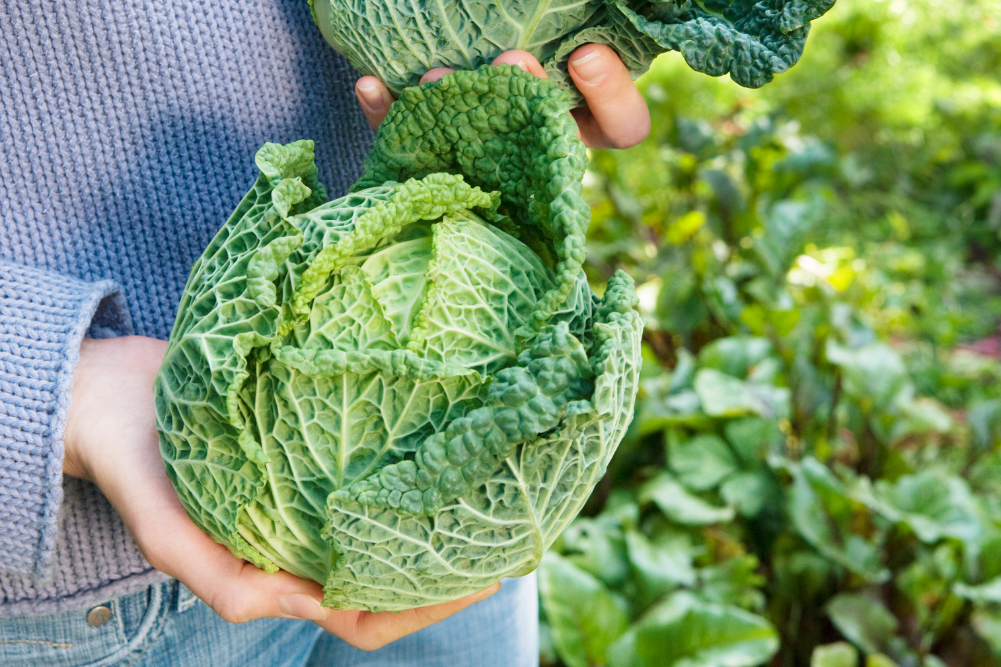Drug addiction (substance abuse)
Addiction describes the state where a person can no longer function properly without a substance. Scientists have contended that the neurotransmitter dopamine is implicated in addiction, because it is involved in feelings of satisfaction, arousal and reward. Substances such as alcohol, nicotine, marijuana, cocaine and amphetamine increase dopamine levels in the brain and the more they are used, the greater the reward and pleasure derived. People will sacrifice almost anything to procure the drug and this will lead to the severing of personal relationships, loss of employment and illicit and illegal behaviour. With continued use, tolerance develops and individuals need larger quantities of the substance to achieve the same desired effect.
Signs of drug addiction: decreased desire to work or socialise, extreme drowsiness, mood swings, restlessness, inattentiveness and loss of appetite.
Signs of drug withdrawal: headache, insomnia, sensitivity to light, diarrhoea, sweating, depression, irrational thinking and irritability.
Who to consult: Counselling, dentist, GP, herbalist, homoeopath, hypnotherapist, naturopath, pharmacist, psychologist, psychiatrist.






